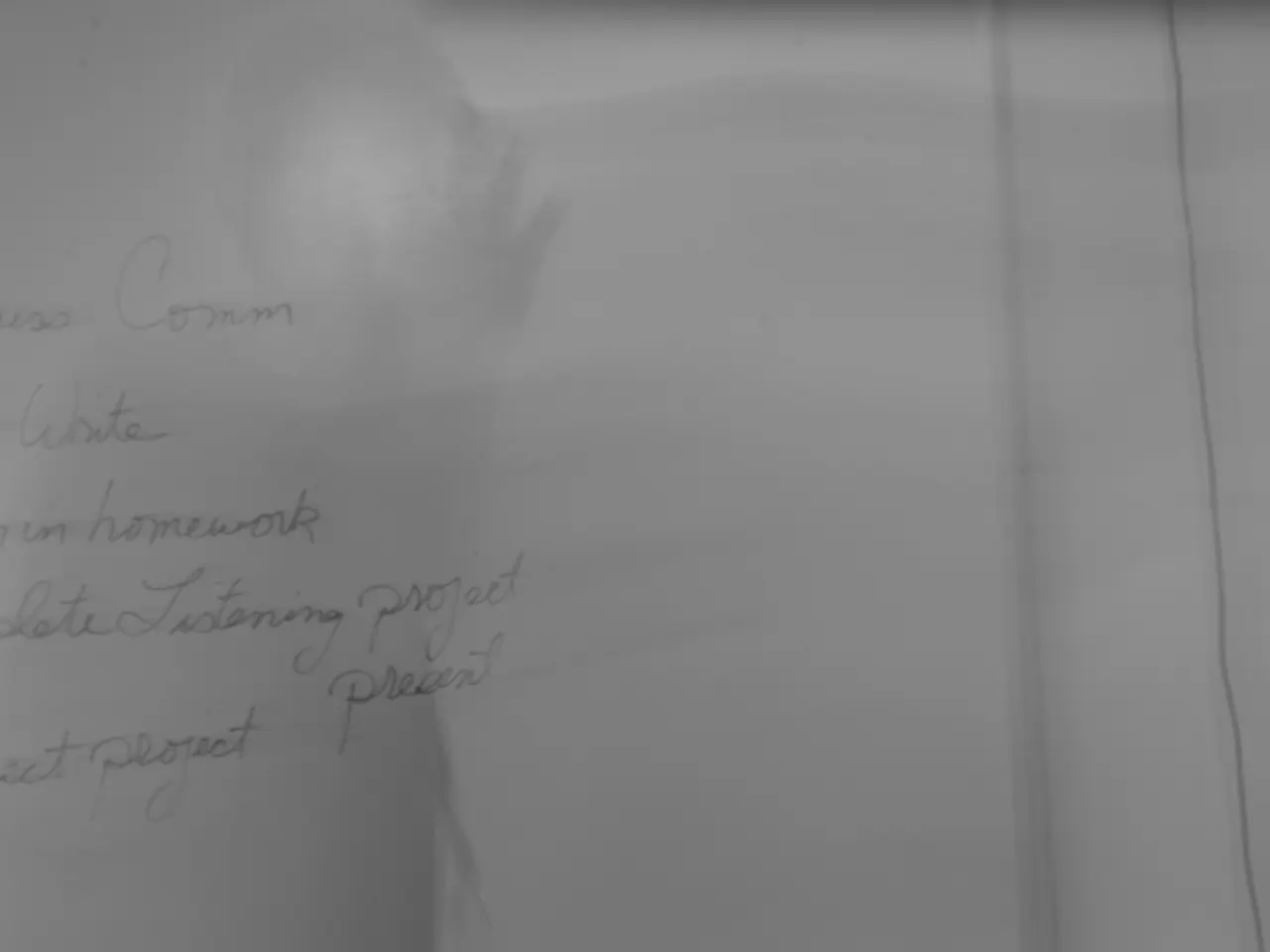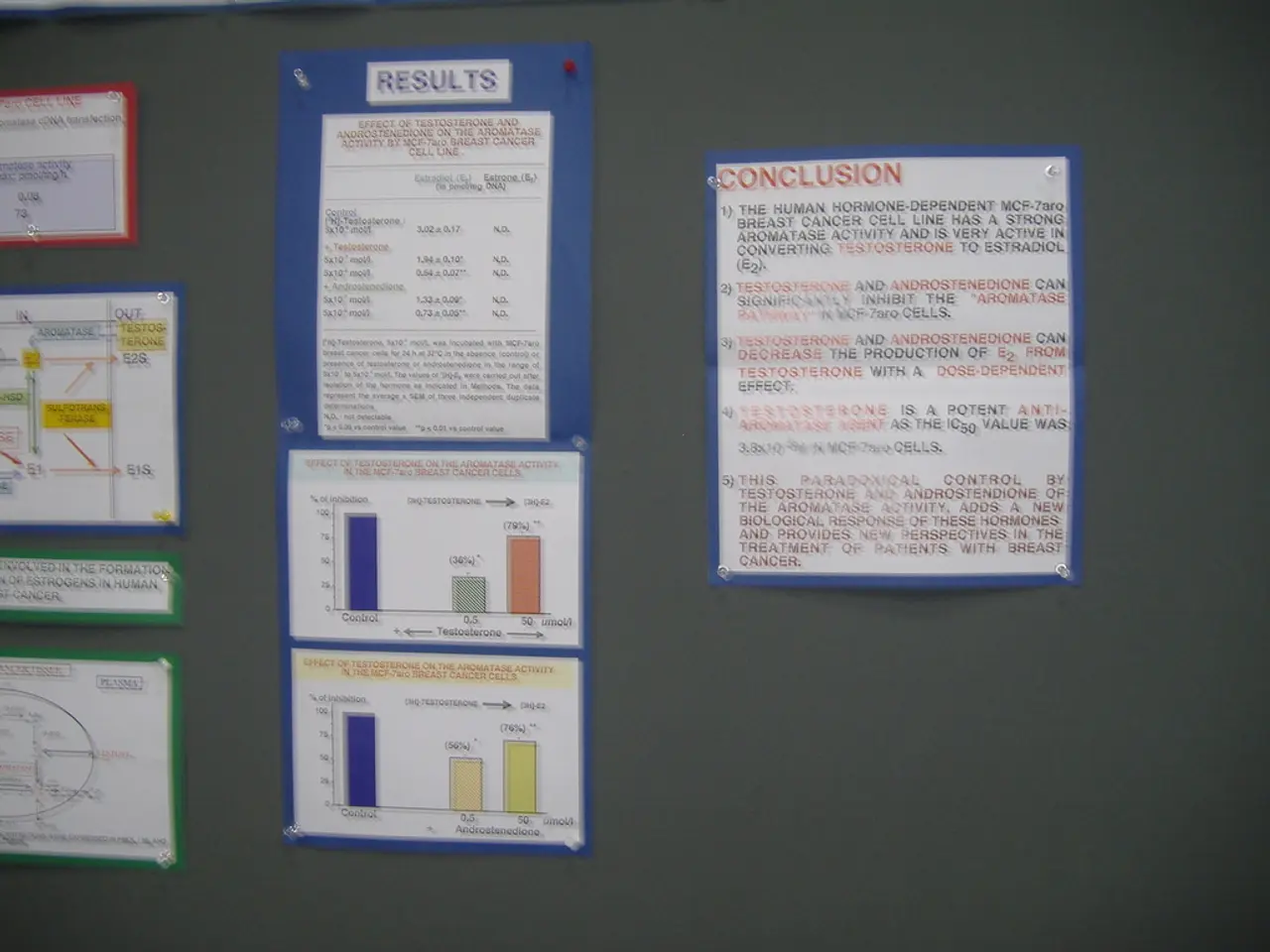Critics from the Taxpayer's Association voice concern over escalating tax burdens and social contributions. - Criticism mounted by Taxpayers' Association over escalating taxation and social contribution rates
In a striking prediction, the Taxpayers' Association of Germany has calculated that by July 13, 2025, all earned income in the country will theoretically flow into public coffers, a day they refer to as "Taxpayers' Memorial Day."
The current tax and social security landscape in Germany is characterised by a progressive income tax system with rates ranging from 14% to 45%, and significant social security contributions levied on employment income, including pension, unemployment, health, and long-term care insurance. For 2025, changes include an increased tax-free basic allowance and adjustments to income tax brackets, as well as changes in how severance payments and share options are taxed.
As the burden of taxes and social security contributions continues to grow, the Taxpayers' Association has proposed potential solutions to address the issue. These may include tax reform, such as adjusting tax brackets or rates to reduce the overall tax burden, and social security reforms, like considering adjustments to contribution rates or ceilings to make them more sustainable. Additionally, implementing tax incentives for businesses could help strengthen Germany as a competitive business location.
Reiner Holznagel, from the Taxpayers' Association, has noted that taxes and levies in Germany are very high compared to international levels. He finds Germany's tax and levy policy problematic from an economic perspective and has called for a change of course towards more financial self-responsibility, suggesting the need to set priorities in state spending and make cuts.
The Taxpayers' Association has also criticised the current government for abandoning its promise to reduce the electricity tax to the European minimum level and for shifting funds for investments and climate protection to a credit-financed special fund. They demand a further increase in the commuting allowance and an automatic compensation for the 'cold progression.'
However, the association did not mention any specific examples of possible cuts or reductions in services at their press conference. Matthias Warneke, head of the German Taxpayers' Institute of the Taxpayers' Association, notes that different tax systems play a role in international comparisons.
The Taxpayers' Association's calculations only consider employee households, as there are insufficient data for the self-employed. For single households, the share of state taxes and levies in income is slightly higher than for multi-person households, according to the association.
Despite these concerns, the Taxpayers' Association has shown openness to a conversion of social insurance to citizen's insurance, but emphasizes it should relieve, not extend services further. The planned expansion of the mother's pension through insurance-foreign services would burden pension funds, according to the association.
The criticisms are directed towards the current government in Berlin, Germany, with the Taxpayers' Association calling for a more responsible approach to state spending and taxation. As the country approaches "Taxpayers' Memorial Day," the debate surrounding taxes and social security contributions in Germany continues to be a hot topic.
- The Taxpayers' Association in Germany has raised concerns over the country's high taxes and social security contributions, particularly in relation to employment, which make up a significant percentage of earned income, and have proposed potential solutions such as tax reform, social security reforms, and tax incentives for businesses.
- In the lead-up to "Taxpayers' Memorial Day" in 2025, when all earned income in Germany is predicted to theoretically flow into public coffers, the association has criticized the current government's policies on taxation, electricity tax, and state spending, calling for a more financially responsible approach and a focus on setting priorities in state spending.




